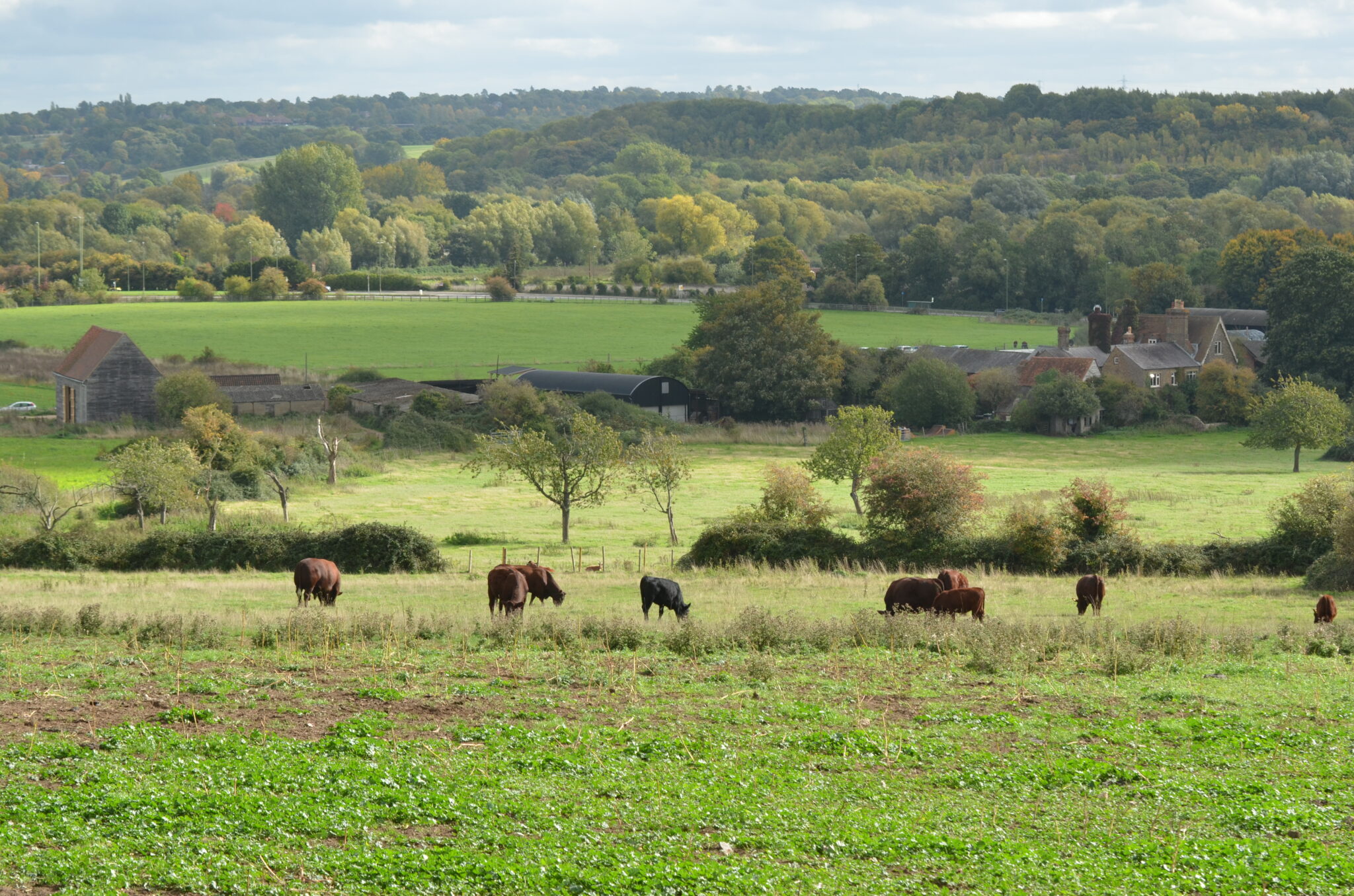Recent government data indicates that Scotland is leading the way in nature-friendly farming practices, with organic farmland witnessing continuous growth for six successive years, a trend not mirrored in the rest of the UK.
The latest statistics from Defra, covering 2023, show England and Wales are failing to meet demand for organic food and drink despite sales doubling over the past 12 years and growing by almost 5% in the last year. The contrast in growth between Scotland and its neighboring regions is stark. Amidst various challenges encountered by farmers, including uncertainties surrounding farming policies and the prevailing cost-of-living crisis, Scotland stands out with a notable 11.8% increase in fully organic land, expanding from 92,500 hectares to 103.5 hectares.
Additionally, the Soil Association has noted a surge in applications for organic conversion support from the Scottish Government in 2024, indicating a positive response from farmers bolstered by ambitious targets. In contrast, only 3% of all farmland in England is cultivated under organic standards, with a 2% decline to 4.3% observed in Wales.
Commenting on the latest Defra organic land statistics, Soil Association Certification Commercial Director Alex Cullen said: Defra’s latest organic land stats reveal that while Scotland is trailblazing in nature-friendly farming, broadly there is a missed opportunity for British farmers. We are seeing growth in organic sales but this has largely been fuelled by imports not home-grown produce – with growth flatlining in English and Welsh organic farmland.
“Last year threw so many challenges at our farmers and organic as no exception to that. Nature-friendly food production has not been easy but the tide is starting to turn with both politicians and shoppers investing in this way of farming. We now want more farmers to join us and the farmers who are already working hard to scale up organic at pace.”
The Soil Association calls upon all political parties to incorporate organic farming into their environmental agendas, drawing inspiration from Scotland and other European countries such as Austria and Germany, which have surpassed EU targets for organic farmland. Italy’s initiatives, including those driven by discounters Eurospin and Lidl, have been instrumental in driving 12% growth in total organic market sales.
Organic opportunities
With growing business prospects, favorable market conditions, and steps from Westminster, the incentives for farmers to adopt organic practices are compelling. The organic farming movement aims to identify key sectors where new organic farmers can tap into a ready and sustainable market for their produce. Soil Association Senior Farm Advisor Jerry Alford stressed the urgency for action from the Welsh Government to support organic farming in alignment with sustainable farming objectives.
Soil Association Senior Farm Advisor Jerry Alford said: “The latest Sustainable Farming Incentives for England stack up to a good deal for many farmers who are seeking to adopt nature-friendly and organic practices.
“There is concern that Wales is falling even further behind and farmers lack clear support, despite organic ticking their sustainable farming objectives. Welsh Government must act fast to introduce the proposed support for organic farming in the Sustainable Farming Scheme.”
Organic dairy sees healthy growth
The recent growth in value and volume is particularly notable in organic dairy. In the 12 weeks to 9 April 2024 value growth in organic dairy significantly outperformed non-organic at 4.1% versus 1.4% and it experienced double the volume growth reported for non-organic at 6% versus 3%**.
Organic Herd Director of Membership and Communication Sara Ogborne said: “It has been a challenging few years in the organic dairy sector as costs have soared. However, the organic market has experienced significant growth in both value and volume. We are seeing a substantial upturn in consumer confidence as the cost of energy and inflation have started to fall back, at the same time consumers are seeking products that address their nutritional, environmental and social values, values which are at the heart of organic dairy.”





